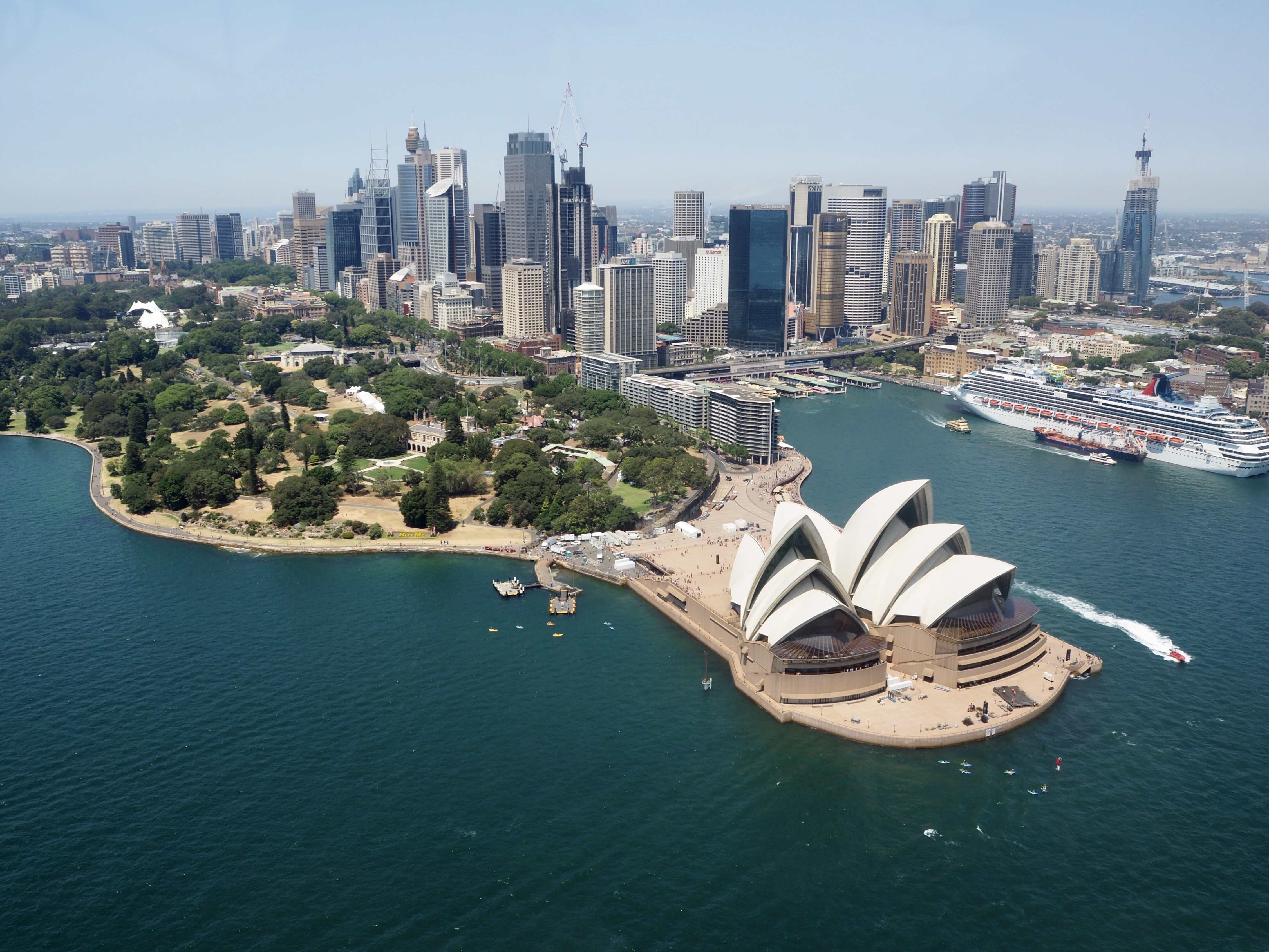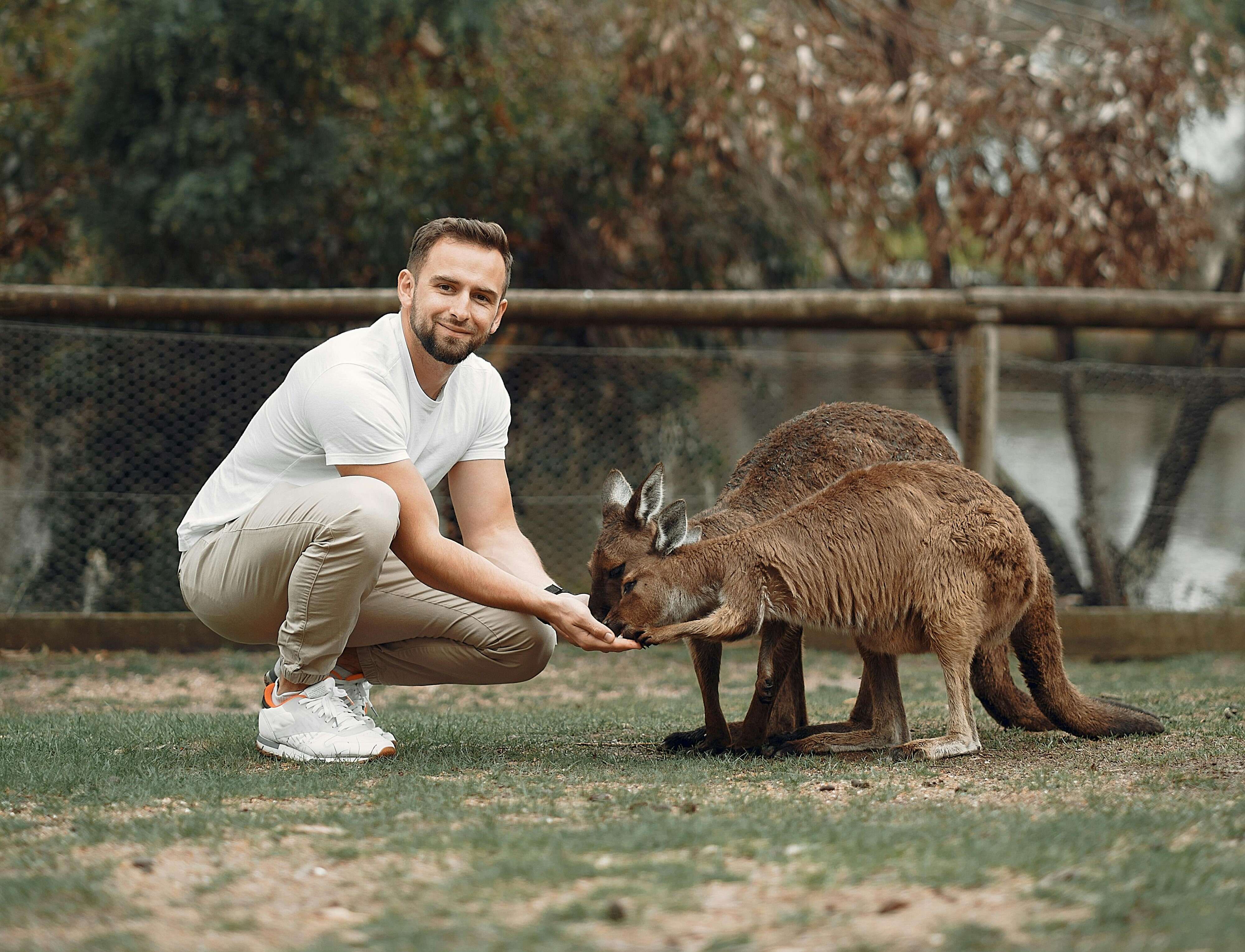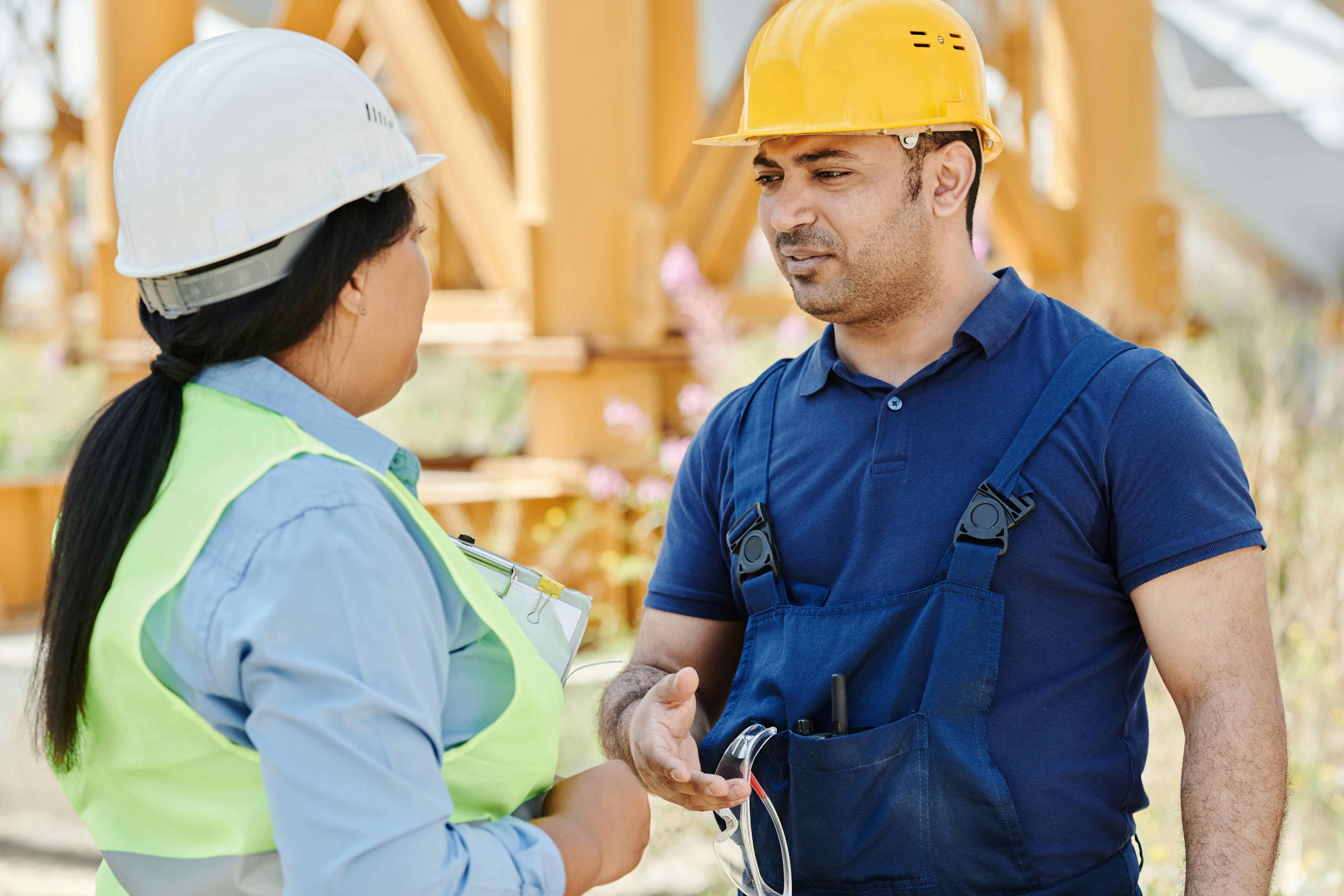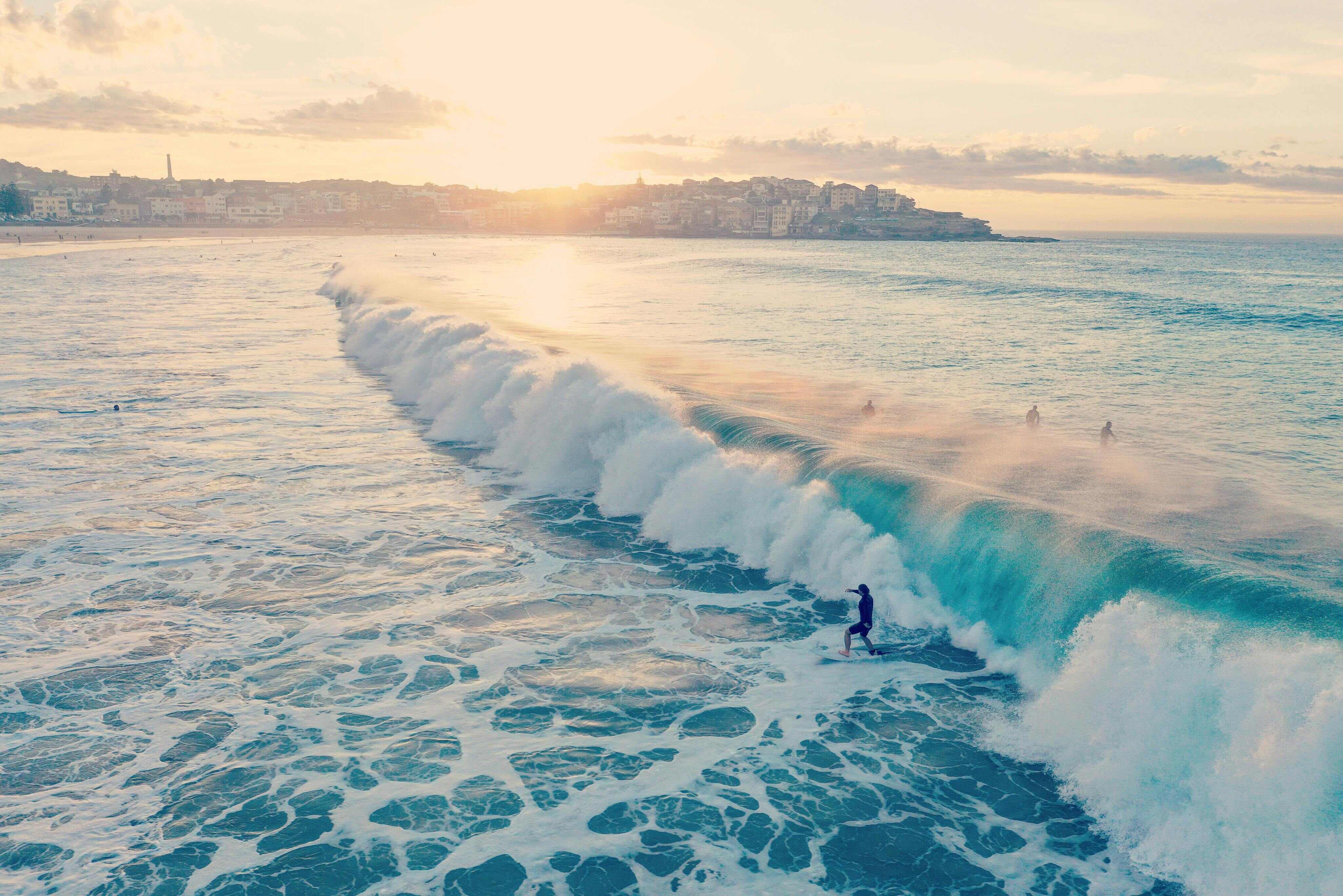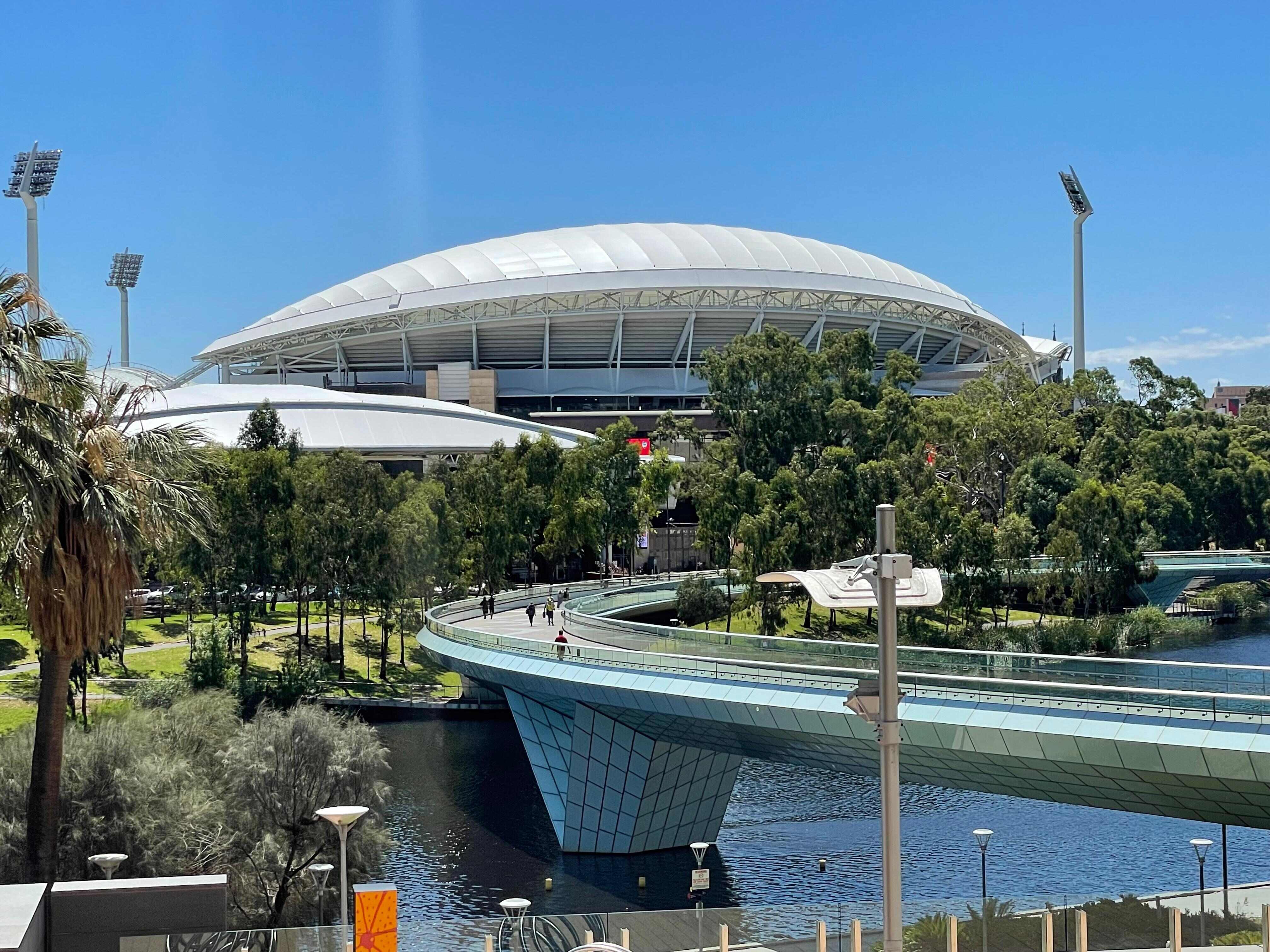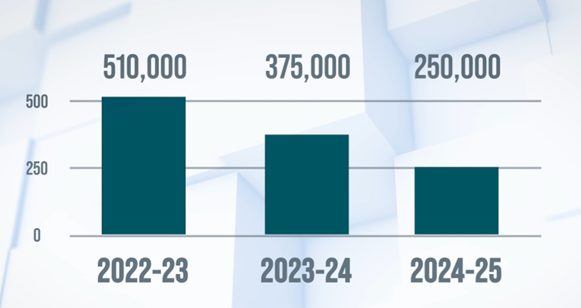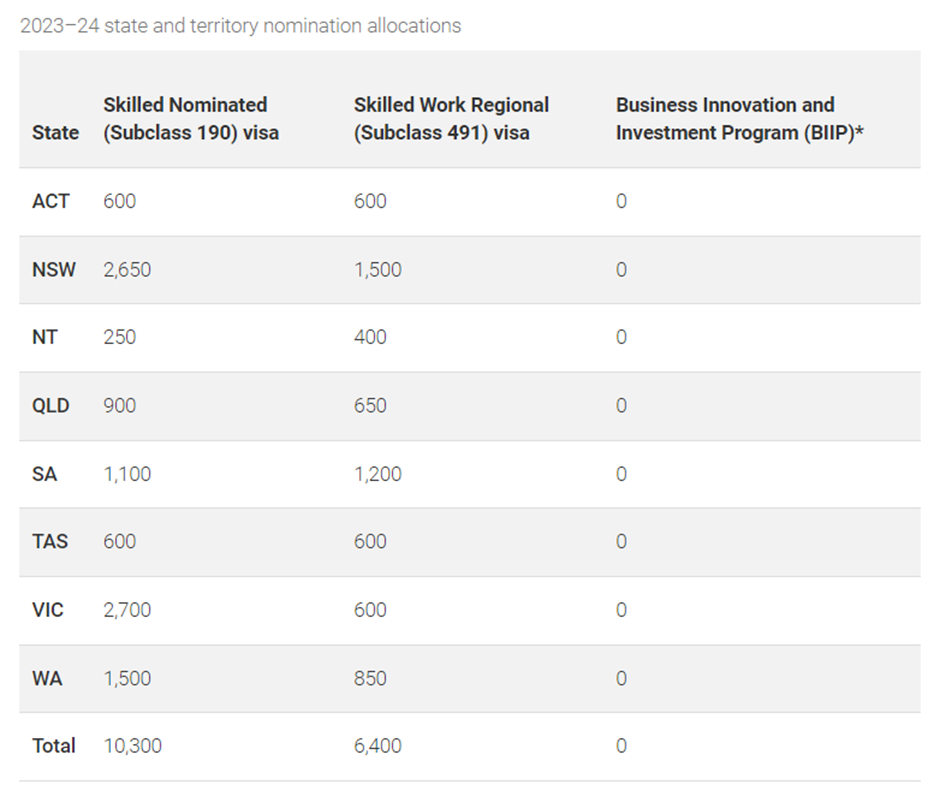In this blog, we’ll cover the latest updates in Australia’s migration policies, including key information on the new Skills in Demand Visa, the Core Skills Occupation List, the National Innovation Visa and important health and family violence provisions.
We’ll also discuss the fast-tracking of registration for doctors, fee increases by VETASSESS, the November 189 invitation round, and the Occupation Shortage List released by Jobs and Skills Australia.
Skills in Demand Visa Updates
The Skills in Demand Visa was announced as a major reform, but now it turns out the Skills in Demand Visa is essentially just the same as the Temporary Skill Shortage (TSS) 482 Visa.
The Skills in Demand Visa (SID Visa) will retain the same subclass as the 482 Visa, meaning it will still be the Skills in Demand Visa subclass 482.
It will be a temporary skilled worker visa valid for up to 4 years with a clear pathway to permanent residence.
The Skills in Demand Visa will have three streams: Specialist Skills, Core Skills, and Labour Agreements.
- Specialist Skills Stream: For highly skilled migrants earning at least $135,000 in any occupation except trades workers, machinery operators, drivers, and laborers.
- Core Skills Stream: For skilled employees, with a new Core Skills Occupation List and a Core Skills Income Threshold. We are still waiting for the government to release the Core Skills Occupation List. Any significant change will be if your occupation is not on the new Core Skills list—then you may miss out.
- Labour Agreement Stream: The TSS Labour Agreement Stream will be renamed the Skills in Demand Labour Agreement Stream.
And where is the Essential Skills Pathway? It seems it will be the Labour Agreement stream.
For the new Skills in Demand Visa, the work experience requirement will be reduced to one year, as the department had previously announced for the 482 visa from November 23, 2024.
As the 482 TSS Visa will be replaced by the 482 SID Visa, the existing short-term and medium-term streams of the TSS Visa will close to new applications.
National Innovation Visa
The National Innovation Visa will replace the Global Talent Visa but remain a Subclass 858 visa.
This visa will provide opportunities for exceptional talent with diverse backgrounds, including:
- Global researchers and thought leaders (e.g., published in leading journals, high levels of publications and citations, recipients of top-field awards)
- Entrepreneurs, both established and emerging, with lessons from successful State and Territory-led initiatives
- Innovative investors with a focus on the quality of investment, not just simple thresholds
- Athletes and creatives, particularly those representing Australia internationally
Applications will be by invitation only, and the Expression of Interest (EOI) process will closely reflect that of other invitation-only visas.
New Family Violence Provisions
A big change started on October 15, 2024. The Migration Amendment Family Violence Provisions for Skilled Visa Applications allow secondary applicants in seven permanent Skilled visa subclasses to access family violence provisions. These subclasses include the 186 visa, 187 visa, 189 visa, 190 visa, 191 visa, Global Talent, and 887 visa.
This means that secondary applicants can be granted visas even if their relationship with the primary applicant has ended, provided they or a dependent child have experienced family violence from the primary applicant.
Important Changes to Australia’s Migration Health System
Children born and living in Australia are now exempt from health-related criteria that could have previously made them ineligible for a visa.
What has changed?
The Public Interest Criteria 4005 and 4007 have been updated to exempt child visa applicants born and residing in Australia from specific health-related requirements that may have previously disqualified them for a visa due to potential healthcare or community service costs to Australia.
This change affects visa applications submitted before or after October 16, 2024, including those under merits review.
189 Invitation Round – November 2024
Another 189 invitation round took place in the first week of November 2024. This is the third round in 2024. The first 189 Invitation Round was in June, the second 189 Invitation Round in September, and now the third 189 Invitation Round in November.
A range of occupations were invited, mainly with 70 to 85 points for teachers, health, and construction occupations, and 90 to 100 points for other occupations.
Some occupations invited included:
- Engineers with a minimum of 75 points
- Architects with a minimum of 70 points
- Social workers with 75 points
- Internal and external auditors with 90 points
- Accountants with a minimum of 95 points
As soon as the Department of Home Affairs releases the full list of invitations, we will make a blog and post more details about it.
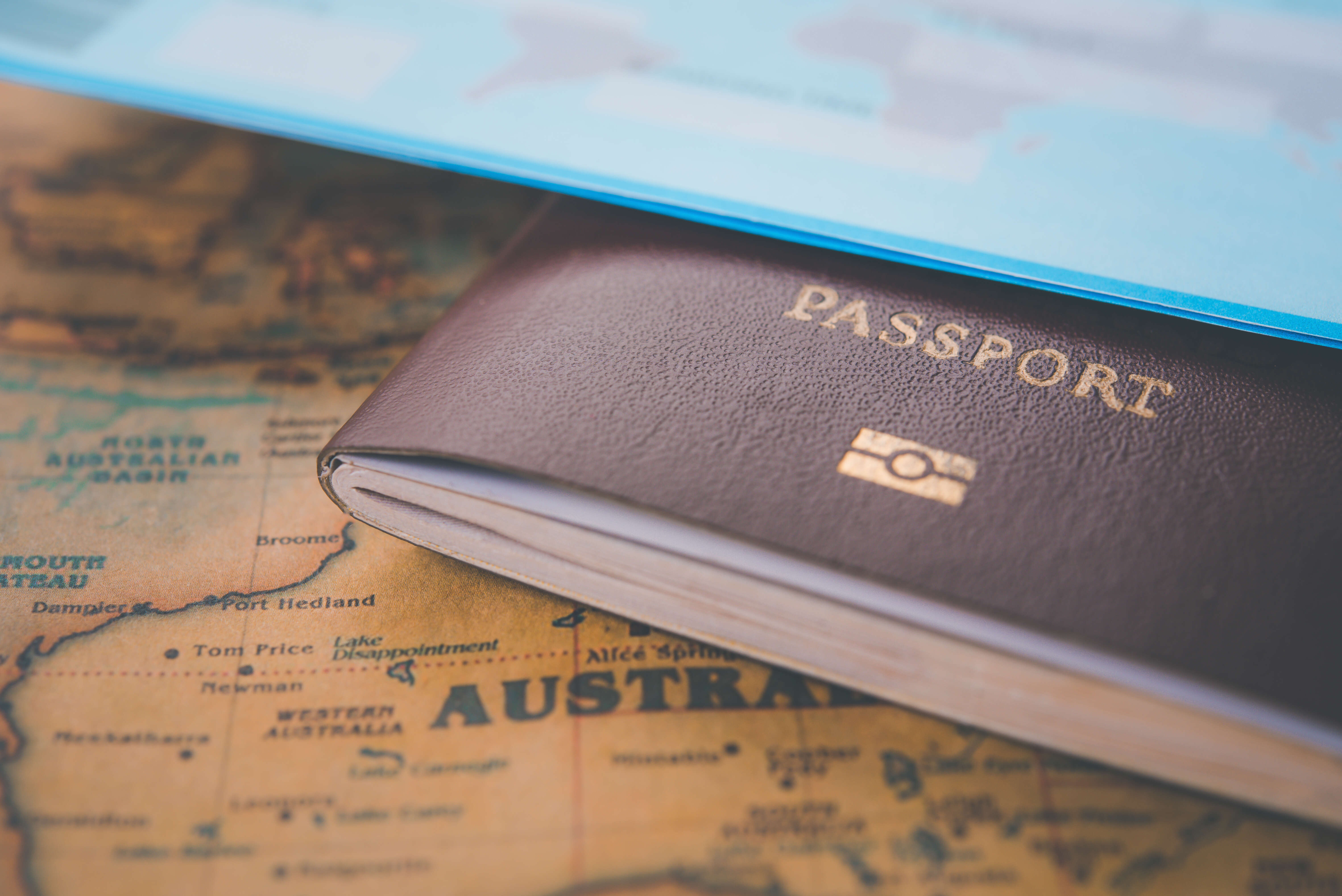
VETASSESS Fee Increase and Pause in Priority Processing
Starting November 20, VETASSESS will increase the fees for professional and general occupations for a full skills assessment from $1033 to $1070. The Graduate Visa assessment fee will increase from $392 to $406.
VETASSESS will also pause accepting applications for its Priority Processing on December 1, 2024.
This pause will give VETASSESS time to process and complete applications before the Christmas shutdown on December 20, 2024. The VETASSESS head office will reopen on January 6, 2025.
190 and 491 Updates
New South Wales is now accepting applications for the 491 Visa Pathway 1 and Pathway 3.
- Pathway 1: For people working in regional NSW for the past six months with a single employer.
- Pathway 3: For graduates from regional NSW.
Given the limited allocation, we recommend submitting your Expression of Interest (EOI) as soon as possible.
South Australia has been sending notifications to people that are not being invited for 190 visa or 491 visa state nominations.
This is often happening if your Visa is expiring soon. So South Australia is giving people the heads up of not being invited so they can consider other things are options before their Visa expires.
The applicants are receiving the following email: "NOT INVITED - Thank you for your Registration of Interest for South Australian State Nomination. Regrettably, your application has not been chosen for invitation at this time".
They have been lots of hospitality occupations such as chef receiving not invited.
The other states are issuing their regular invitations based on the criteria specific to each state.
If you have received the "NOT INVITED" email from South Australia, or if you have not received an invitation from other states or territories, we recommend considering other visa options, such as employer-sponsored visas like the 186 visa, 482 visa, or 494 visa, or partner visas if you have a genuine relationship with an Australian.
Occupation Shortage List – Jobs and Skills Australia
Jobs and Skills Australia has released the Occupation Shortage List to help you check if your occupation is in shortage in each state or territory.
For example, the occupation of chef is on the shortage list in all states and territories, while cooks are only on the shortage list in some, such as New South Wales, Queensland, Western Australia, and Northern Territory, but not in Victoria, South Australia, Tasmania, or ACT.
This list is a data tool to check occupation shortages and is not directly related to immigration or your ability to apply for a 189 visa, 190 visa, 491 visa, or any employer-sponsored visas.
However, it could influence which occupations will or will not be included on the Core Skills List, which is expected to be released at the end of the year when the government launches the new Skills in Demand Visa.
Fast Tracking for Trades in the Building Sector
Business Council of Australia Calls for Fast-Tracking of Trades in the Building Sector The Business Council of Australia is advocating for new measures aimed at local and state governments to expedite home approvals and increase supply.
This push highlights the growing emphasis on the building trades, which are currently receiving priority in the 189 visa rounds.
In the latest invitation rounds, many trades in the building sector were invited with a minimum score of 65 points, indicating a strong focus on these professions.
Fast Track for Doctors’ Registration
Fast track for doctors’ registration Doctors from the UK, Ireland, and New Zealand now have their ability to practice in Australia fast-tracked.
The new changes will allow international medical specialists to apply directly to the Medical Board of Australia and the Australian Health Practitioner Regulation Agency (AHPRA) for registration, rather than going through an individual assessment by a specialist college like the Royal Australian College of General Practitioners (RACGP).
This significant change will eliminate unnecessary regulatory barriers and enable international specialists from similar healthcare systems to work in Australia sooner.
IELTS Updates
Registered Migration Agents now have access to the IELTS Results service that enables them to verify applicants' IELTS test scores to ensure the results are authentic and reliable before submitting them to the Department of Home Affairs.
US Election and Canada Immigration Cuts
How will the US Election win affect Australian immigration?
I’ll discuss four possible effects of the US election result on Australian migration:
- Themes could be adopted from the US election following Trump’s victory, possibly leading to more negative sentiments about migration.
- Migration policy changes could occur, leading to lower migration targets.
- The Australian economy and migration could be affected by US policies, especially regarding tariffs on China, Australia's largest trading partner.
- Some people in the US may look to move to Australia, as we’ve already received inquiries.
Canada’s Immigration Cuts
Canada has announced a 21% reduction in immigration for 2025 to pause population growth.
Could something similar happen in Australia?
Based on the US election, the short answer is yes, there will likely be cuts.
These were the main updates that took place in Australian immigration in November 2024. More updates are expected later this year, such as the opening of the new Skills in Demand Visa and the new National Innovation Visa.
If you need any assistance applying for an Australian visa, please contact us.
Souces:
https://www.vetassess.com.au/news/change-in-assessment-fees-for-professional-and-general-occupations
https://www.vetassess.com.au/news/summer-office-hours-and-pause-in-priority-processing
https://www.legislation.gov.au/F2024L01288/asmade/text
https://www.migration.sa.gov.au/
https://www.jobsandskills.gov.au/data/occupation-shortages-analysis/occupation-shortage-list








